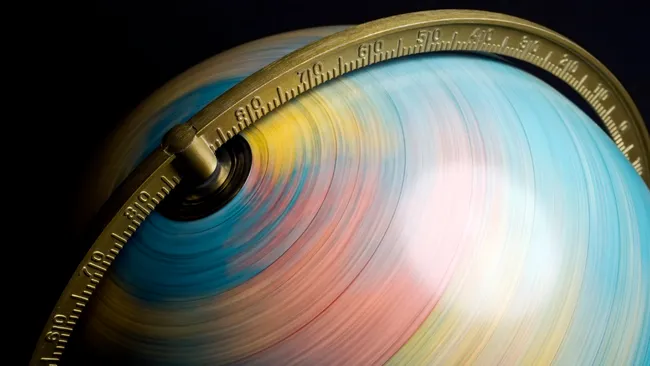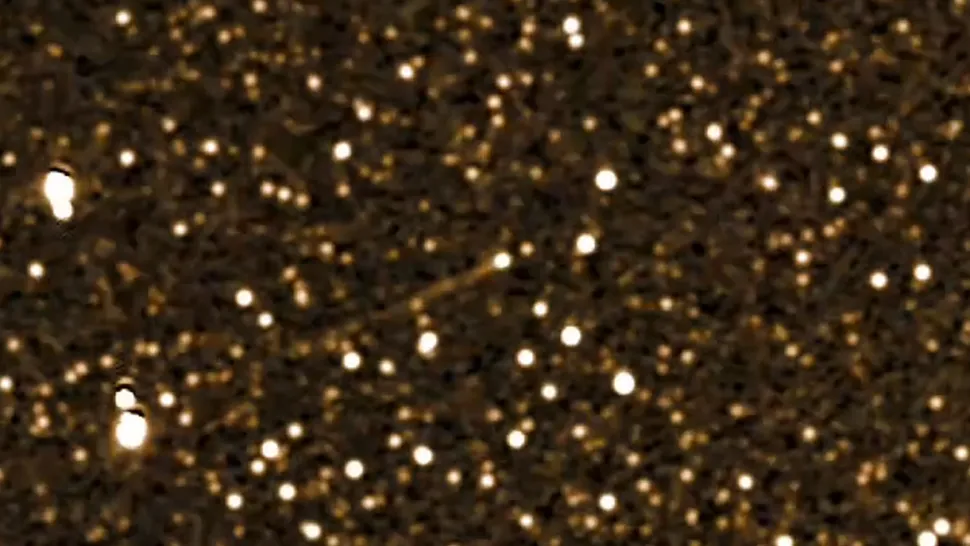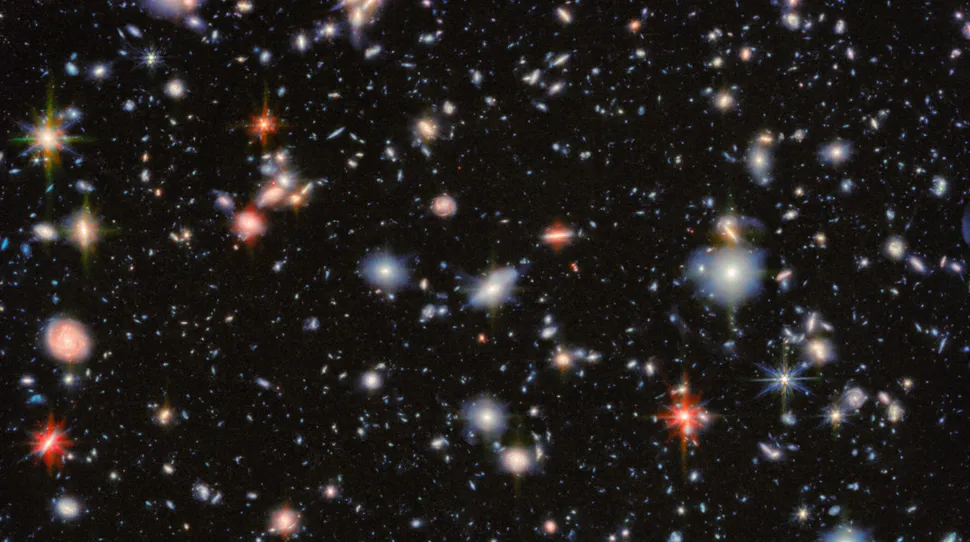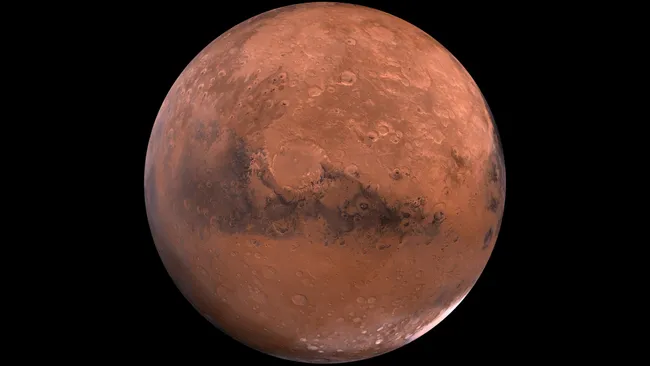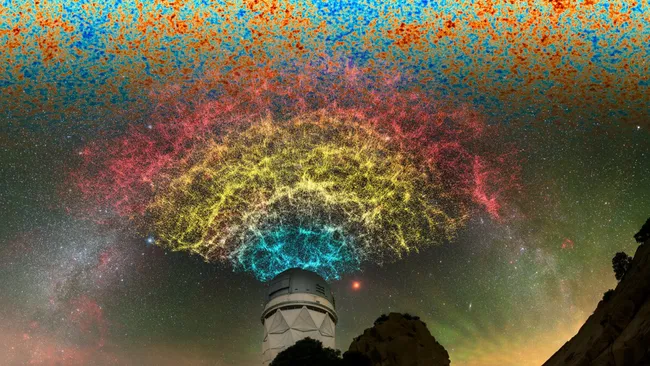Mark your calendars — not that you’ll feel it — because July 22 is set to become the second-shortest day in recorded history. On this date, Earth is expected to complete one full rotation 1.34 milliseconds faster than the standard 24 hours, shaving off just a tiny sliver of time.
It might seem insignificant, but this anomaly fits into a larger, mysterious pattern scientists are still struggling to fully explain. And if the trend continues, we could be facing a historic change: a negative leap second may need to be subtracted from atomic clocks by 2029 — something that’s never been done before.
Historically, Earth’s rotation has been slowing due to lunar tidal friction. In fact, billions of years ago, a full day lasted only 19 hours. But starting around 2020, Earth began breaking its own speed records, with the current fastest spin recorded on July 5, 2024, when the planet completed its rotation 1.66 milliseconds quicker than normal.
In 2025, scientists initially predicted that July 9, July 22, and August 5 would be the fastest-spinning days. However, July 10 unexpectedly topped the chart with a 1.36 millisecond gain, making July 22 the second-fastest day by just a hair’s breadth.
Why is Earth speeding up? The answer is still unclear. Some researchers suspect the melting of polar ice and rising sea levels may be playing a role by redistributing mass, though this likely slows rotation rather than speeding it up. A more convincing theory points to deep within the planet: changes in the liquid outer core, which may be accelerating the crust and mantle.
“The cause of this acceleration is not explained,” said Leonid Zotov, a leading researcher on Earth rotation at Moscow State University. “Most scientists believe it is something inside the Earth. Ocean and atmospheric models don’t explain this huge acceleration.”
Zotov and other experts now believe the recent spike could be temporary, with Earth likely to decelerate again in the coming years.
So, while July 22 may pass like any other Tuesday on your calendar, beneath our feet, Earth is spinning in a way that challenges everything we thought we knew about time.

